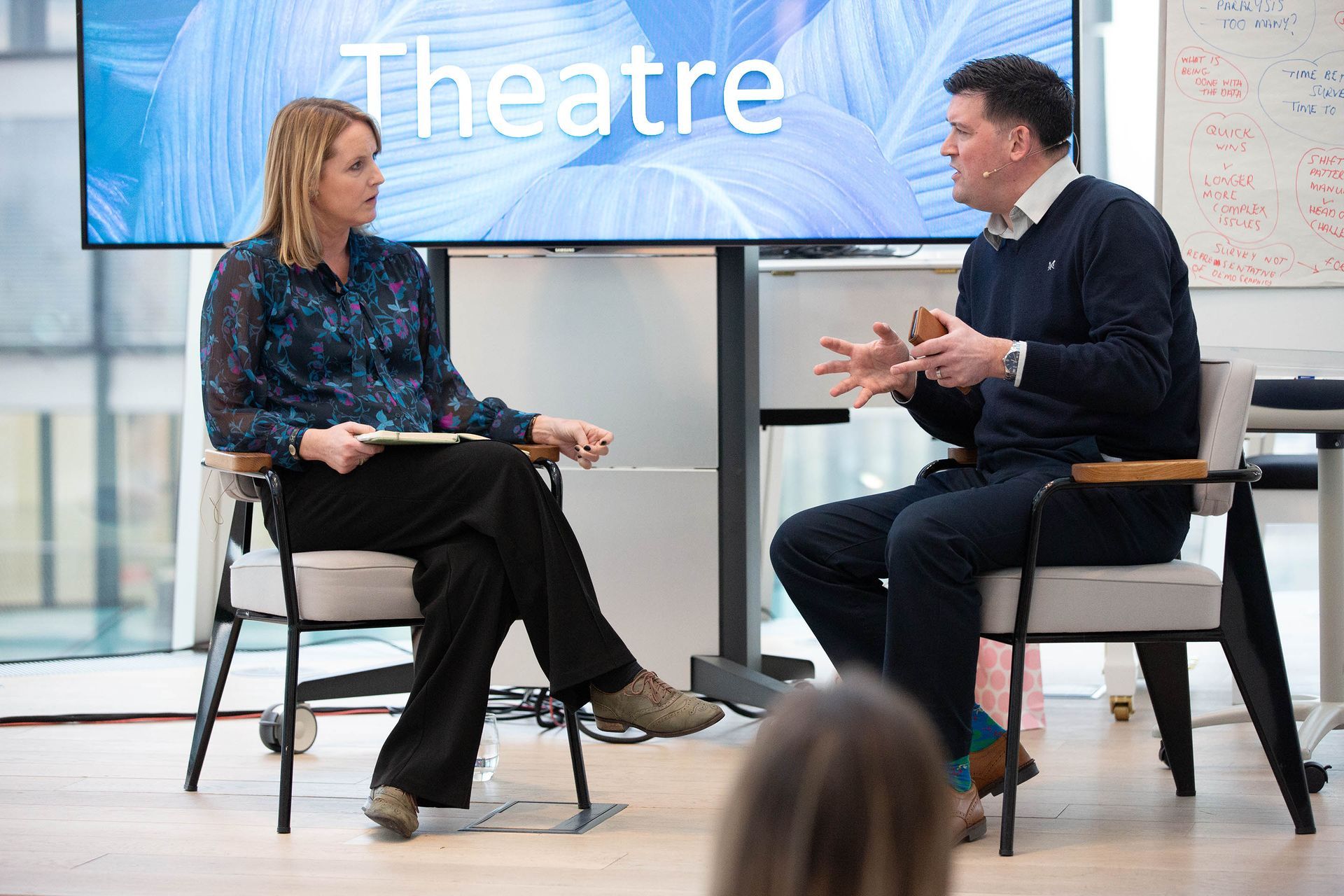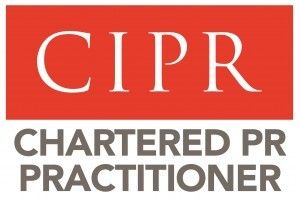THIS POST is aimed primarily at owners or executives of small to medium-sized businesses. Here we look at a highly effective PR tactic, an example of when it has worked, and what you can do to employ it successfully.
Brand equity
is one of those intangible assets people in business like to talk about. Google it and you’ll see definitions such as
’the perceived value by consumers over other products’
and
‘the value a company gains from its name recognition when compared to a generic equivalent’
It’s important because it has a direct impact on your profitability as a business. People will be drawn towards companies and products with great reputations. And it’s why brand equity is scrapped over by rivals in the same sector of industry. It gives you the competitive edge.
And yet many business leaders are failing to deploy one of the most effective tools at their disposal for enhancing brand equity: themselves.
They’re not realising or taking advantage of the fact that their skills, knowledge and experience is of value to people outside of their organisation and its micro environment of existing customers, suppliers and employees.
These experienced business owners or executives are more than solution providers; they’re bona fide experts and potential thought leaders in their fields. And audiences will generally apply this value to the business and its services that leader represents.
So if they took a moment to take a step back and consider their wider value, they could grasp opportunities to enhance brand equity and win new business.
Using the language of business, this is about using, or leveraging, your own human capital.
Using your human capital
Professional or technical knowledge and expertise is capital, painstakingly built over time by a business leader. It’s the accumulation of many things, including education and training, mistakes, achievements, collaborations, feedback from stakeholders and natural curiosity about industry news and developments. Year on year, a business leader will amass a wealth of valuable skills, knowledge and experience. Human capital, as it’s sometimes called.
This means that they can speak with authority, if they wish, on the field in which they operate. Trusted sources who provide insights that matter to people are worth their weight in gold to the media. As a journalist, both regional and national, I found these industry experts were priceless in shedding more light on a situation.
So are business owners and executives being too modest?
Day to day your average business leader is busy, working hard to win new customers, retain loyal ones and pay the bills and wages. And most of the business owners or senior executives I speak to are down-to-earth people without lofty aspirations, as they may see it, to be people who others outside of their organisation will listen to intently.
But here’s the thing:
- behind every solution a business provides is the issue that it has been created to solve
- to the particular group of people that service has been designed for, more insight on that issue is interesting and valuable. Especially if it’s timely
- because it’s interesting, it’s probably also newsworthy and a story in those media channels that reach those groups of people, or at least online content that gets click-throughs, shares and likes
You can see where we’re going with this. It’s a simple equation.
Yet many leaders in their fields are either too busy to entertain spending time on media engagement or they’re not doing the maths, and they’re passing on one of the most effective, brand-enhancing tactics in public relations: positioning yourself as a credible authority in your industry.
I could pick one of a number of business leaders I’ve been working with recently who have grasped this opportunity, but here’s one example.
Case study: the mindset coach
This leader of her own small business had encountered during her work with customers some common issues related to Covid-19. The pandemic was affecting people’s mental health and wellbeing for all sorts of reasons, from the grief of losing loved-ones and redundancy to isolation and loneliness.
We worked with this leader to share her insights and advice with people through the media and she gained profile in the regional newspaper and on local radio. The BBC national news network is now interested in her views.
As a result of this media engagement, this leader received business and return on investment on her PR.
So this mindset coach has used her knowledge and experience, her human capital, to enhance her company’s brand equity and win new business. As a certain meerkat might say, simples.
So how can you do the same? Here are a few easy steps to get started:
- Identify the issue
that can illustrate your credibility as an expert. This will be topical and interesting to your target audience and an issue for which you can provide the solution. (Note: this is not about selling your products or services. It’s about enhancing your and your business’s brand. The sales should follow.)
- Create a narrative
in which you can be insightful, helpful and even opinionated on that topic if you’re confident your stance is well-informed and not likely to alienate you against many potential customers
- Study those channels
that reach your target audiences. If it’s a media outlet, is it reporting on the issue you’re an expert on? If it’s a blog for LinkedIn, will your post chime with this professional audience?
- Test its value or newsworthiness
with friendly media contacts in the relevant fields or contacts who could conceivably gain value from your insights and/or buy into your brand
- Choose the best formats
to reach your target audiences through those channels. Is the opinion column in your local newspaper the best platform for your expertise? A feature in a specialist publication? Or a long-form thought leadership piece for LinkedIn?
- Go for it. Be brave and put yourself out there as an expert, a specialist, a thought leader. Someone who is valuable to a much wider audience thanks to their knowledge, skills and experience.
As I always say with any tactic, this should be considered as part of a wider marketing strategy. Thought leadership takes time, confidence and a well-crafted narrative. It isn’t a direct sales technique and it can take a while to bear fruit. But if executed well, thought leadership can have enduring benefits for your brand equity and business.
For more information and advice on enhancing your brand, get in touch with me at tim.walsh@branaghpr.com




